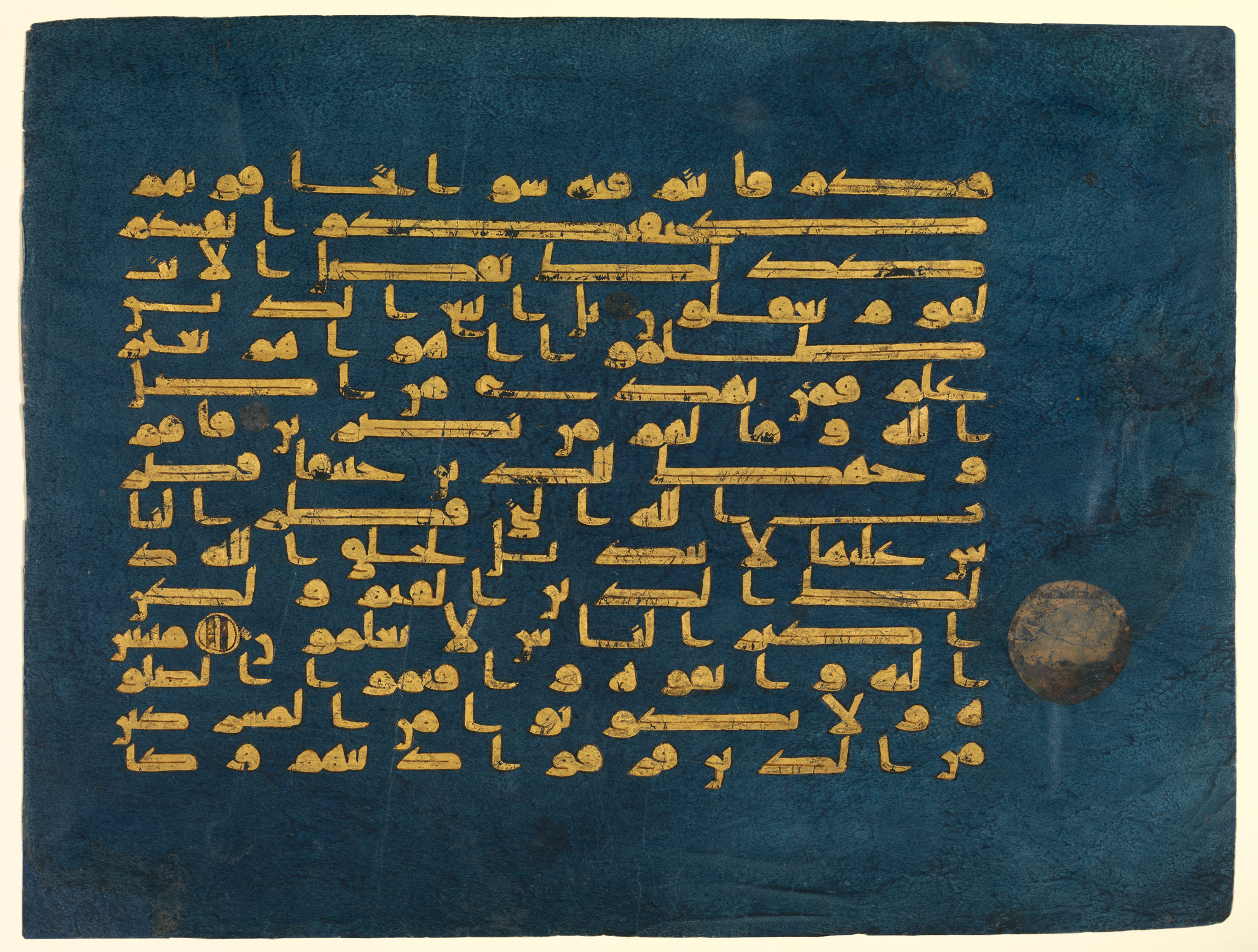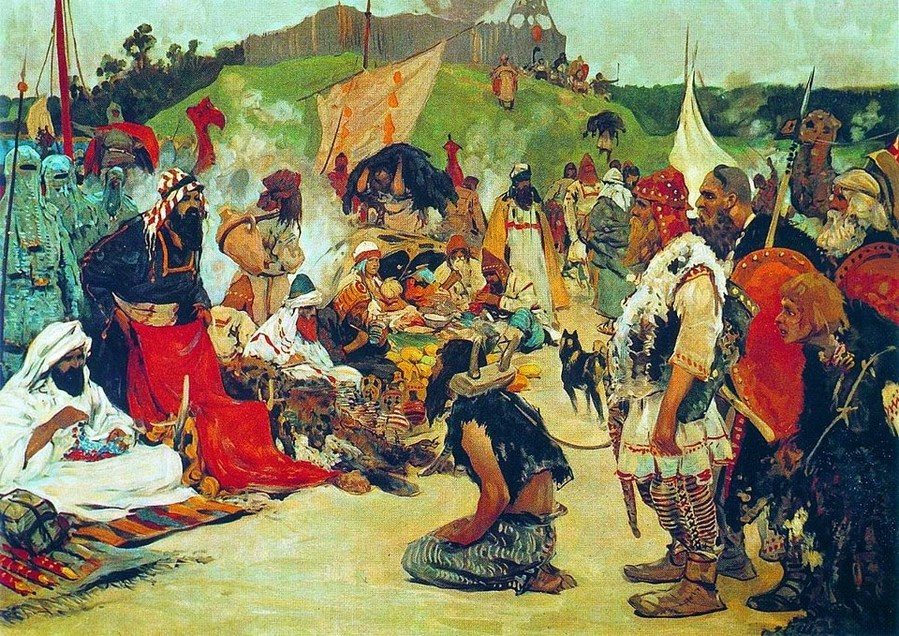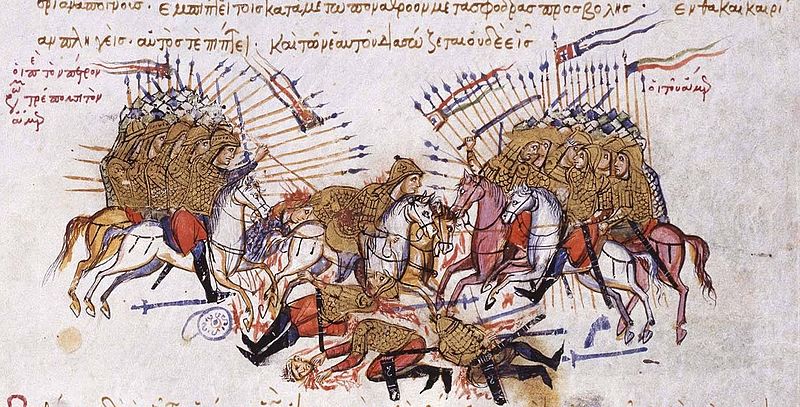This post is part of my series about character generation for adventures in the Meager Country. Here are my wound and
encumbrance rules, an
introduction to the Besharan empire, and
the peoples of the Bronze city
So I'm constantly disappointed by how religion is portrayed in RPGs. It's been noted before, clerics don't preach or gather a flock, few religious holidays or festivals make it into games. I find this disappointing, religion is a fascinating category of human activity and experience which has inspired conflicts that are fertile ground for RPGs to explore. I think the way gods are imagined has something to do with this problem, they are concrete and distinct, mythology and history are interchangeable. I want mystery, I want faith, I heresy, I want theological debates carried out by enraged angels in the town square. Here is my attempt to integrate religion better with the classes of 5e.
Let me tell you about the Besharan faith. Monks, Clerics, Warlocks, Paladins, Bards, Rangers, and Druids all gain their ability to cast spells from God. God is singular and infinite. Warlock patrons are just higher beings in the divine hierarchy: saints, angels, bodhisattvas, prophets. Bards are divinely inspired poets.
There was once a single Besharan faith, our calendar begins on the day our beloved prophetess, Yukfa
, was recalled to God's side and ascended into the sky. But now, in the year 681, the faith has diverged into a million warring sects.
Nobody can agree on what God wants or
even what she looks like. There is constant debate, a million theologies
running in every direction. Thousands of saints, dozens of prophets, countless
enlightenments, a million types of incense burning, and so many schisms that it
would be reasonable to assume each person had a complete religion unto
themselves.
Some sects only disagree partially.
They believe a ritual is conducted incorrectly, that a certain figure is a
saint and not a demigod. Most sects hold a number of Besharan texts, the 5
Holies, to be sacred. Of course, there are always arguments over which passages
are interpolations, which books have been left out of the set. The book Tanfa of has always been controversial.
Each of the major sects have distinct ritual traditions, a code to unlocking the powers of the divine. There is no consensus on why these rituals work. They please God. They draw the attention of the saints. They carry within them mathematical perfections which make a person sinless only for a moment, thus allowing the power of the divine to flow through them from the 7th Heavenly Garden. This is sure though: you usually need to believe in the ritual for it to work
Not all practitioners will be granted power though. Most Ascetics can levitate by
mediating, but only 1 of every 8 can cast cure light wounds. Some sects’ priests show no evidence of divine power until their cults have grown in size. Some people are granted power through one sect and not another. Some sects’ practitioners can do things which other sects’ followers cannot. This causes a great deal of consternation.
The sects abandoned public debate long ago, now they compete to perform more spectacular miracles for awed crowds. Today the Faridunists turn a hundred sheets of vellum into 99 doves, each with sacred poetry on its wings. The next day, the Magists shed the blood of lambs on a grove of olive trees, which all begin to bear delicious fruit. Then, the Uudunites cure a man of his blindness, beat him to death, raise him from the dead, and then smash his skull in just to prove a point.
Sect and Practices: Making a Divine Spellcaster
There are 5 major sects and each has several sub-sects. Roll a d6 to determine your sect and choose a class/sub-class from their list of sect practitioners. Roll a d4 to detirmine your sub-sect, or a d8 if you're part of the Unorthodox group.
To cast spells and use divinely given abilities, you need to follow both a regular and irregular practice. To determine which ritual practices you must maintain, roll a d6 or a d4 depending on your sect for your regular practice and repeat the process for the irregular practice.
If you fail to follow any one of your practices, you lose the ability to cast spells. If you fail to maintain both, you lose access to all your supernatural abilities (i.e a Paladin's divine sense or a Monk's chi points). Feel free to multiclass, though that's definitely heretical.
Feel free to just choose your sect and practices too. If you want, you can mix and match practices from different sects to create your own new religion which is superior to the rest. Invent your own doctrines! Excommunicate your own heretics!
An example for the confused:
1. I roll a d6 and get 4, I'm a Magist and I choose to be a Bard
2. I roll a d4, I'm an Intercessor now
3. I look at the practices, rolling a d4 for my regular practice and a d6 for my irregular one
4. I get a 3 and a 2, I need too lash myself with a whip daily and wear a heavy chain
5. Putting that together, I am an Intercessor Bard who gets their powers from self flagellation and weighing myself down
6. I love God, she is a cruel but wonderful mistress. My groans of pain uplift my fellows
1-2. Orthodox sects
Shared beliefs: God is a huge serpent, eating his own tail. God’s teachings were revealed to the prophetess, Yukfa. The 5 Holies record his teachings. God wishes us to grow mentally and spiritually through the reading of his holy word and to devote ourselves to understanding him.
 |
| We do not worship God, but his mystery |
Practitioners: Arcana or Knowledge Clerics, Oath of Ancients Paladins, Monks
1. The Way of Blue: To know truth is to touch the mind of God
2. The Way of the Shell: To abstain from worldly pleasures is to become closer to God
3 Triarchism: God has 3 aspects: the male serpent, the female heifer, and the hermaphrodite octopus
4. The Yukfa-ites: Yukfa is either part of God or married to God
Regular Practices:
1. Mediate 3 hours a day
2. Sing the psalms of praise at sunrise and sunset
3. Pray 4 times a day
4. Spend 3 hours a day copying and illuminating passages from the 5 Holies
5. Give a sermon to a crowd every 3 days or more
6. Paint your skin with holy scripture every morning, wash it off at night
Irregular Practices:
1. Fast one week of every month
2. Cut out your eyes after memorizing the 5 Holies perfectly
3. Wear bells or jingling metal at all times.
4. Never eat meat
5. Instruct a pupil in the proper reading and reciting of the 5 Holies
6. Wear long, trailing robes covered in holy scripture and never let God’s word be sullied
3. Faridunist sects
Shared beliefs: God appeared to Faridun and taught him 9 Sacred Doctrines. Faridun saw God as a burning wheel, covered with eyes. By performing certain rituals, one can reach paradise. God calls upon us to live in accordance with their doctrines.
 |
| The way is open and you must follow |
Practitioners: Light or War Clerics, Oath of Devotion Paladins, Fiend Pact Warlocks
1. Orthodox Faridunism: Paradise awaits those who find it within themselves
2. Maanism: The Demiurge created the evil universe which God will save us from
3. The 9 Spoked Wheel: God rewards those who spread its doctrines
4. The Church of the Raised Hand: To exercise power is to reach towards paradise
Regular Practices:
1. Anoint yourself with oil every day before dawn
2. Confess your inferiority to a holy stone everyday and dispose of it
3. Wash yourself in a purifying bath everyday with special soaps and oils
4. Erect a shrine to God or its saints and consecrate it every 3 days
Irregular Practices:
1. Share a sacred meal with at least one other Fardunist every week
2. Present an offering of food or incense at a shrine of God or God’s saints once a week,
3. Drink and eat in excess before purging yourself weekly
4. Never lie
5. Only use weapons which deal piercing damage
6. Wear a colourful prayer windmill to channel the energy of the universe
4. Magist sects
Shared beliefs: God created the universe as an accident and takes pity on it. God is a winged woman wearing a crown of flowers and iron. She revealed herself to the Magi of Tamania by sending them a series of angels whose many questions they could not answer. God united the Magi to spread her message of humility, mercy, and love.
 |
| All shall be fed by her hand alone |
Practitioners: Life or Tempest Clerics, Bards, Oath of Devotion Paladins
1. Orthodox Magism: God commands us to do as little harm as possible to creation
2. The Angelists: Free will is an illusion, each person has a personal angel who makes them act
3. The Intercessors: God wishes us to provide for others and sacrifice ourselves
4. The Cult of Lilies: God’s mission is to create a utopia without suffering on earth
Regular Practices:
1. Let blood daily over an effigy of God
2. Perform sacred exercises on a carpet depicting God or her angels at sunrise everyday
3. Give yourself 8 lashes from a whip everyday
4. Spend 2 hours creating a beautiful mandala in the ground every morning, then destroy it
Irregular Practices:
1. Perform an act of self sacrifice or mercy which disadvantages you every week
2. Wear a heavy chain at all times
3. Never shout
4. Always show hospitality and grant mercy
5. Always wear a crown of fresh flowers
6. Only use bludgeoning weapons
5. Aesthete Sects
Shared beliefs: God is the ultimate craftsman who created the 3 and 3/5 forms upon which the universe is based. God’s appearance is dependant on they who observers it. To cultivate, create, and understand beauty is to become closer to God. Nobody is sure how the Aesthete sects were founded. They just appeared overnight. They attribute this to God’s providence.
 |
| The cosmology is complicated but the life is simple |
Practitioners: Nature or Forge Clerics, Bards, Celestial Pact Warlocks, Oath of Vengeance Paladins
1. The Acolytes of the Gilded Crown: Wealth is beauty and to possess it is to know God
2. The Friends of the Pipe: Beauty must be useless or it is just fancy ugliness
3. The Azarites: Beauty is utility and the fulfillment of want
4. The Way of 3 Pillars: Beauty reveals itself through labour and hardship
Regular Practices:
1. Cook a delicious meal every 3 nights
2. Spend 2 hours everyday making something beautiful
3. Conduct some kind of research into the natural world for two hours a day in order to expose creation’s inner beauty
4. Smoke a pipe 6 hours a day
Irregular Practices:
1. Wear gaudy makeup everyday
2. Write a poem every week
3. Always dress in finery
4. Fight only with spells and cantrips so as not to lower yourself to a baser form of combat
6. Unorthodox sects
Shared beliefs: None. All are regularly accused of fire worship or being a dragon cult. They are grouped here for purely bigoted reasons.
1-3. The Uudunites: God is an unimaginable void, the great roiling chaos which sleeps behind our eyes. Fear God and embrace death. No matter how many times their cult is destroyed, the Uudunites always manage to return under a different name.
 |
| The Name is Nothing. The Place is Nowhere. |
Practitioners: Monks, Great Old One Pact warlocks, Trickery or Grave Clerics
Regular Practices:
1. Spit on the temple of another sect/religious group every 3 days
2. Swallow a mouthful of ash everyday and savor it
3. Insult a stranger every 3 days or more
4. Roll in filth daily
Irregular Practices:
1. Wear a featureless white mask
2. Cut out your own tongue
3. Debase yourself before an audience weekly
4. Make yourself sick, poisoned, or exhausted at least once a week
5. Formulate a plan to commit suicide in public every week
6. Gain a wound and let it fester (God will protect you from disease, that cruel bastard)
4-7. Simurghism: God is the Simurgh, Queen of the Birds. She is the infinite perspective, the fractal mirror. She flies in all directions at once. She appeared to a nameless prophet who was consumed by holy fire and dictated his revelations from the flames until he was only ash.
Practitioners: Bards, Archfey Pact warlocks, Trickery or Tempest Clerics
Regular Practice:
1. Eat a bird feather every day with dinner
2. Buy new jewelry or fine goods every 4 days
3. Never pass up an opportunity to overindulge in drink or drugs
4. Turn towards the Garden of Earthly Delights (i.e every direction) and pray nightly
Irregular Practices:
1. Go on a binge for 4 days every month
2. Shatter a mirror every week and throw the shards in the 4 cardinal directions (i.e up, down, left, and right)
3. Eat a songbird whole every week
4. Wear a crown of feathers as long as the sun is up, gather new feathers every week
8. Mahrebism: God is everything, or maybe just a lot of nature spirits. Do whatever feels natural, or is traditional. Mahreb appeared before the Emperor in the year 87 and secured the continuation of the Bauda's practice of their traditional religion, but the provision has been extended since then.
Practitioners: Druids, Rangers
Practices: You only need to maintain 1 practice, if you fail to do so you only lose the ability to cast spells
1. Sacrifice an small animal every week or a large one every month
2. Carry an effigy of “God” on your back and make sure it is always properly dressed and taken care of
3. Keep a sacred animal with you, treat it like royalty
4. Built a bonfire and burn fine clothes and fine food in it every week
5. Destroy 10GP in jewelry or fine goods as a sacrifice every week
6. Perform an elaborate dance or song for a small effigy of God every day
Luckily, we can all agree that some religions are bad and evil.
-Fire worship, the veneration of the extinguished gods, is strictly forbidden.
-Dragon cults must be stamped out. Every so often, some idiot gets their hands on an old dragon bone and the Slave Army has to have a regiment spend months crushing kobolds underfoot.
-Spirit worship is technically banned but continues on in the form of Mahrebism
Commentary:
So I really like this system. I like that it spits out a unique combination of sects and practices, showing
the strange diversity of Besharan religious traditions. I think this system also brings the assumed
magic level of 5e down a bit, which I also like. I use a calendar to keep track of in-game days
and mark the days when ritual practices have to be followed so all the players know when
they have to do their practices
This post is dedicated to Walter Burkert, who taught me about ritual traditions











